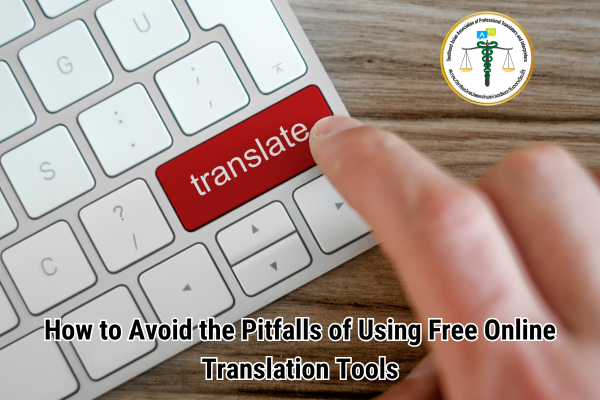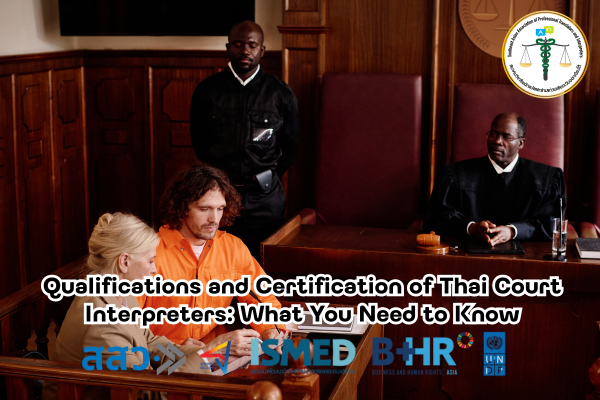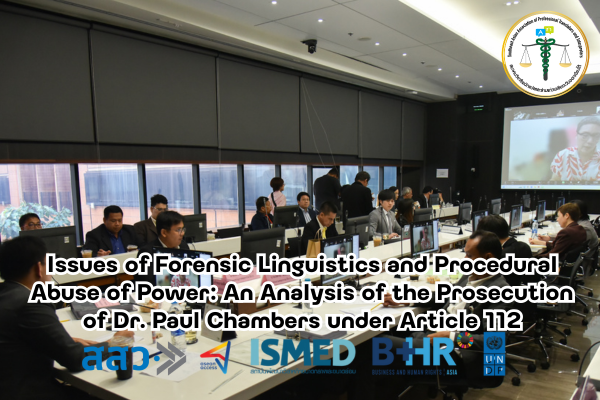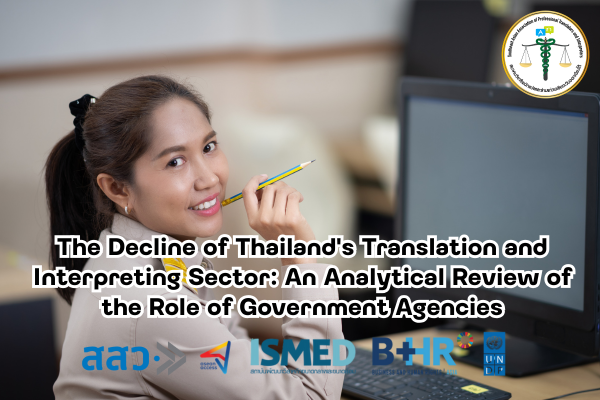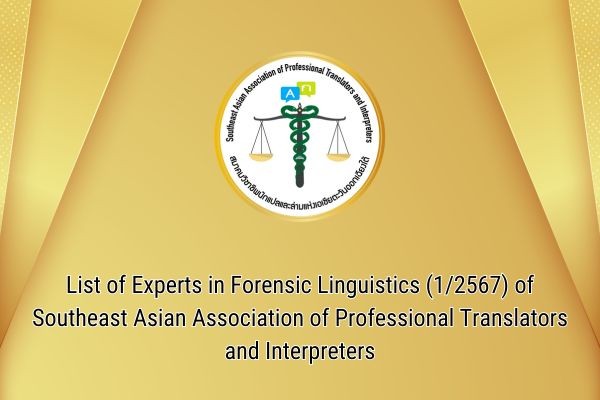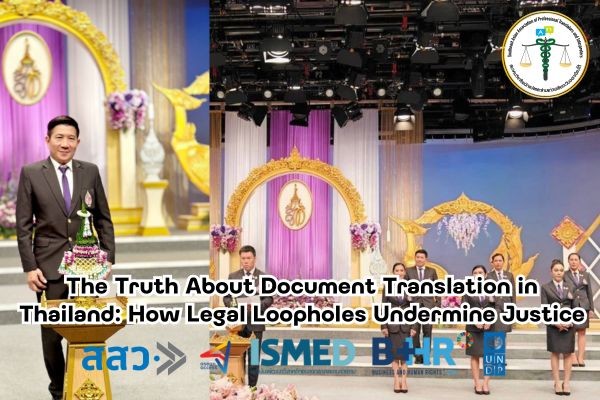The Foreign Business Act: Consignment Sales in Thailand
Introduction
22 January 2025, Bangkok – The Foreign Business Act of 1999 is a cornerstone law that governs foreign business activities and investment in Thailand. Designed to protect domestic industries and ensure regulated economic growth, the Act restricts foreign participation in specific sectors. Some business activities, however, occupy a gray area under the law, such as consignment sales. Understanding whether consignment sales fall under retail or wholesale operations is critical for foreign companies aiming to establish a presence in Thailand. A clear understanding of the legal definitions and requirements is crucial to ensure compliance.
Definition of Consignment Sales under the Act
In October 2015, the Department of Business Development (DBD), the regulatory authority responsible for implementing the Foreign Business Act, issued an advisory opinion to clarify the legal standing of consignment sales.
-
Retail Sales: The DBD defined retail sales as the transfer of ownership of goods directly from the seller to the consumer. Under the Foreign Business Act, retail operations fall under Annex List 3 (14) and are restricted to foreign businesses unless specific conditions are met.
-
Wholesale Sales: Wholesale operations, on the other hand, involve the transfer of ownership of goods from the seller to a distributor, who then sells the goods to the consumer. These activities are governed under Annex List 3 (15) and similarly require compliance with foreign business regulations.
-
Consignment Sales: The advisory stated that consignment sales, where a consignee sells goods on behalf of a consignor and ownership is transferred directly to the consumer at the point of sale, are classified as retail under the Act. Unlike wholesale transactions, the consignee’s role is limited to facilitating the sale, while the consignor retains control over the pricing and receives payment after the sale is completed.
This distinction has significant implications for foreign businesses, as it means that consignment sales fall under the retail category and, therefore, require a minimum capitalization of 100 million baht or a Foreign Business License to operate legally.
Role of Certified Translators, Endorsers, and Interpreters from SEAProTI
Navigating the complexities of Thai business law, especially the Foreign Business Act, requires accurate communication and precise interpretation of legal documents. This is where certified professionals from SEAProTI (Southeast Asian Professions of Translators and Interpreters) play a vital role.
-
Ensuring Legal Accuracy: Certified translators and endorsers from SEAProTI ensure that all documentation, contracts, and applications comply with Thai regulations. Misinterpretations or errors in legal language can result in significant delays or even legal penalties.
-
Facilitating Business Negotiations: Interpreters certified by SEAProTI assist foreign business representatives during negotiations with Thai authorities, helping to bridge language and cultural gaps. Their expertise ensures that both parties understand the terms and conditions fully, fostering smoother interactions.
-
Enhancing Compliance: By providing professional translation and interpretation services, SEAProTI-certified professionals help foreign businesses understand the nuances of Thai law, such as the difference between retail and wholesale under the Foreign Business Act, ensuring compliance and reducing risks.
Conclusion
Consignment sales represent a unique aspect of business operations that require careful legal consideration under the Foreign Business Act of 1999. Classified as retail, such sales demand compliance with specific financial thresholds or licensing requirements for foreign businesses.
Certified professionals from SEAProTI play an indispensable role in this process, offering expertise in translation and interpretation to ensure foreign entities operate within the boundaries of Thai law. Their contribution helps businesses avoid pitfalls, navigate complex regulations, and achieve success in one of Southeast Asia’s most promising markets.
SEAProTI’s certified translators, translation certification providers, and certified interpreters:
The Southeast Asian Association of Professional Translators and Interpreters (SEAProTI) has officially announced the criteria and qualifications for individuals to register as “Certified Translators,” “Translation Certification Providers,” and “Certified Interpreters” under the association’s regulations. These guidelines are detailed in Sections 9 and 10 of the Royal Thai Government Gazette, issued by the Secretariat of the Cabinet under the Office of the Prime Minister of the Kingdom of Thailand, dated July 25, 2024, Volume 141, Part 66 Ng, Page 100.
To read the full publication, visit: the Royal Thai Government Gazette
พระราชบัญญัติการประกอบธุรกิจของคนต่างด้าว: การขายฝากในประเทศไทย
บทนำ
22 มกราคม 2568, กรุงเทพฯ – พ.ร.บ.การประกอบธุรกิจของคนต่างด้าว พ.ศ. 2542 ถือเป็นกฎหมายสำคัญที่ควบคุมการลงทุนและกิจกรรมทางธุรกิจของคนต่างด้าวในประเทศไทย โดยมีวัตถุประสงค์เพื่อปกป้องอุตสาหกรรมในประเทศและส่งเสริมการเติบโตทางเศรษฐกิจอย่างยั่งยืน กฎหมายฉบับนี้กำหนดข้อจำกัดในบางอุตสาหกรรม และกำหนดให้ธุรกิจบางประเภทต้องขออนุญาตก่อนดำเนินการ อย่างไรก็ตาม ธุรกิจบางรูปแบบ เช่น การขายฝาก ยังคงมีความคลุมเครือในเชิงกฎหมาย การทำความเข้าใจว่า “การขายฝาก” นั้นถูกจัดอยู่ในหมวดค้าปลีกหรือค้าส่งจึงมีความสำคัญอย่างยิ่งสำหรับบริษัทต่างชาติที่ต้องการประกอบธุรกิจในประเทศไทย
การขายฝากภายใต้กฎหมาย
ในเดือนตุลาคม พ.ศ. 2558 กรมพัฒนาธุรกิจการค้า (DBD) ซึ่งเป็นหน่วยงานที่รับผิดชอบการบังคับใช้ พ.ร.บ.การประกอบธุรกิจของคนต่างด้าว ได้ออกความเห็นเพื่อชี้แจงสถานะทางกฎหมายของการขายฝาก
-
การขายปลีก: กรมพัฒนาธุรกิจการค้าระบุว่าการขายปลีกหมายถึงการโอนกรรมสิทธิ์สินค้าโดยตรงจากผู้ขายไปยังผู้บริโภค การขายปลีกนี้ถูกควบคุมภายใต้บัญชีสาม (14) ของ พ.ร.บ. และมีข้อจำกัดสำหรับธุรกิจต่างด้าว
-
การขายส่ง: การขายส่งเกี่ยวข้องกับการโอนกรรมสิทธิ์สินค้าจากผู้ขายไปยังผู้จัดจำหน่าย ซึ่งต่อมาจะขายสินค้าให้กับผู้บริโภค การขายส่งอยู่ภายใต้บัญชีสาม (15) ของ พ.ร.บ. และต้องปฏิบัติตามข้อกำหนดเฉพาะเช่นกัน
-
การขายฝาก: กรมพัฒนาธุรกิจการค้าได้ชี้แจงว่าการขายฝาก ซึ่งผู้ฝากขาย (consignor) ฝากสินค้าไว้กับผู้รับฝากขาย (consignee) เพื่อจำหน่าย และกรรมสิทธิ์สินค้าโอนไปยังผู้บริโภคเมื่อมีการขายสำเร็จ ถือเป็นการขายปลีกตามความหมายของกฎหมาย ไม่ใช่การขายส่ง
ข้อกำหนดดังกล่าวมีผลกระทบอย่างมากต่อธุรกิจต่างชาติ เนื่องจากการขายฝากจัดอยู่ในหมวดค้าปลีก ซึ่งหมายความว่าต้องมีเงินทุนจดทะเบียนขั้นต่ำ 100 ล้านบาท หรือขอใบอนุญาตประกอบธุรกิจของคนต่างด้าวก่อนดำเนินการ
บทบาทของนักแปลรับรอง ผู้รับรองการแปล และล่ามรับรองจาก SEAProTI
การดำเนินการภายใต้กฎหมายธุรกิจไทย โดยเฉพาะ พ.ร.บ.การประกอบธุรกิจของคนต่างด้าว จำเป็นต้องมีการสื่อสารที่ถูกต้องและการตีความเอกสารกฎหมายอย่างแม่นยำ ในกรณีนี้ นักแปลรับรอง ผู้รับรองการแปล และล่ามรับรองจาก SEAProTI (สมาคมวิชาชีพนักแปลและล่ามแห่งเอเชียตะวันออกเฉียงใต้) มีบทบาทสำคัญอย่างยิ่ง
-
ความแม่นยำทางกฎหมาย: นักแปลและผู้รับรองการแปลที่ได้รับการรับรองจาก SEAProTI ทำหน้าที่ตรวจสอบให้เอกสารทางกฎหมาย สัญญา และคำขอทุกฉบับตรงตามข้อกำหนดของกฎหมายไทย การตีความผิดพลาดหรือความคลาดเคลื่อนในภาษาอาจนำไปสู่ความล่าช้าหรือบทลงโทษทางกฎหมายได้
-
การอำนวยความสะดวกในการเจรจาธุรกิจ: ล่ามที่ได้รับการรับรองจาก SEAProTI มีบทบาทสำคัญในการช่วยเหลือผู้แทนธุรกิจต่างชาติในระหว่างการเจรจากับหน่วยงานไทย ด้วยความเชี่ยวชาญของพวกเขา ความเข้าใจในเงื่อนไขและข้อตกลงระหว่างทั้งสองฝ่ายจึงเป็นไปอย่างราบรื่น
-
ส่งเสริมความสอดคล้องกับกฎหมาย: ด้วยการให้บริการแปลและล่ามที่มีคุณภาพสูง ผู้เชี่ยวชาญจาก SEAProTI ช่วยให้ธุรกิจต่างชาติเข้าใจกฎระเบียบต่าง ๆ เช่น ความแตกต่างระหว่างการขายปลีกและการขายส่งภายใต้ พ.ร.บ.การประกอบธุรกิจของคนต่างด้าว ช่วยลดความเสี่ยงและเสริมสร้างความมั่นใจ
บทสรุป
การขายฝากเป็นหนึ่งในธุรกิจที่ต้องให้ความสำคัญเป็นพิเศษภายใต้ พ.ร.บ.การประกอบธุรกิจของคนต่างด้าว พ.ศ. 2542 ซึ่งกำหนดให้ธุรกิจเหล่านี้ต้องมีทุนจดทะเบียนขั้นต่ำ หรือขอใบอนุญาตประกอบธุรกิจ SEAProTI มีบทบาทสำคัญในการสนับสนุนธุรกิจต่างชาติผ่านการให้บริการแปลและล่ามอย่างมืออาชีพ เพื่อให้สามารถดำเนินธุรกิจได้อย่างถูกต้องตามกฎหมายไทยและประสบความสำเร็จในตลาดเอเชียตะวันออกเฉียงใต้
เกี่ยวกับนักแปลรับรอง ผู้รับรองการแปล และล่ามรับรองของสมาคมวิชาชีพนักแปลและล่ามแห่งเอเชียตะวันออกเฉียงใต้
สมาคมวิชาชีพนักแปลและล่ามแห่งเอเชียตะวันออกเฉียงใต้ (SEAProTI) ได้ประกาศหลักเกณฑ์และคุณสมบัติผู้ที่ขึ้นทะเบียนเป็น “นักแปลรับรอง (Certified Translators) และผู้รับรองการแปล (Translation Certification Providers) และล่ามรับรอง (Certified Interpreters)” ของสมาคม หมวดที่ 9 และหมวดที่ 10 ในราชกิจจานุเบกษา ของสำนักเลขาธิการคณะรัฐมนตรี ในสำนักนายกรัฐมนตรี แห่งราชอาณาจักรไทย ลงวันที่ 25 ก.ค. 2567 เล่มที่ 141 ตอนที่ 66 ง หน้า 100 อ่านฉบับเต็มได้ที่: นักแปลรับรอง ผู้รับรองการแปล และล่ามรับรอง



